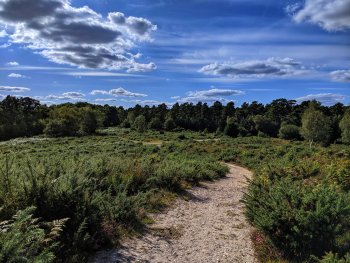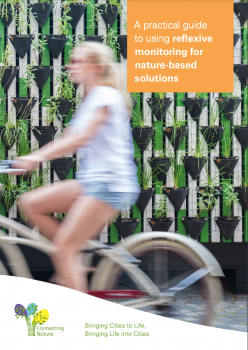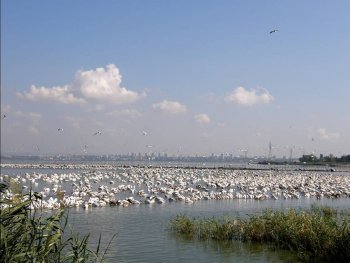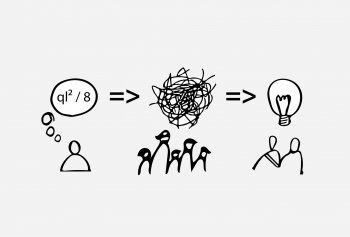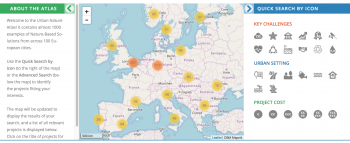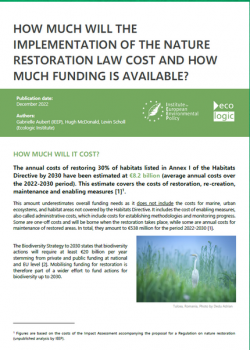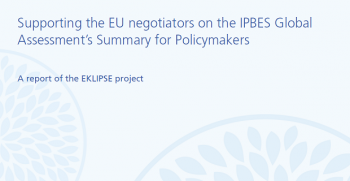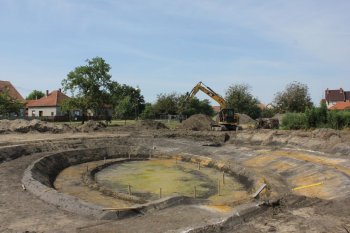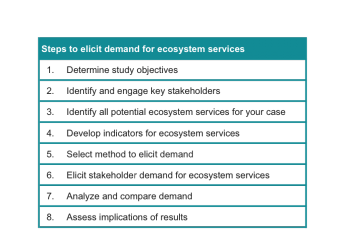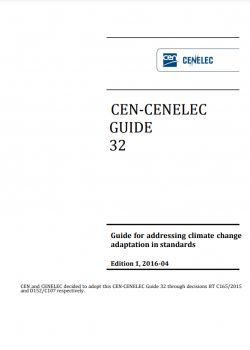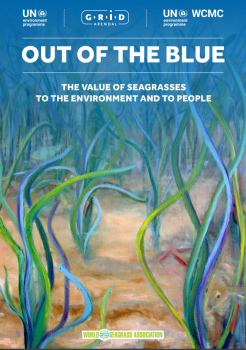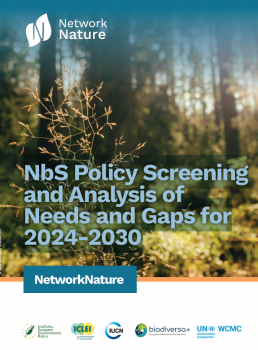Financing Natura 2000 - EU Funding Opportunities in 2021-2027
The document is designed to help improve the uptake of EU funds for biodiversity and in particular for the management and restoration of Natura 2000 sites in the current multiannual financial framework (MFF). The guide analyses possibilities of financing investments in Natura 2000 from different EU
Urban Nature Navigator
The Urban Nature Navigator is a tool to assess the potential contributions of nature-based solutions to meet various urban sustainability challenges. It generates information on how different types of nature-based solutions benefit ecological, socio-cultural and economic factors. Users can explore
A practical guide to using reflexive monitoring for nature-based solutions
Reflexive monitoring is a method developed to monitor and evaluate transformative solutions. It is based on transition theory and helps you to navigate the complex and unpredictable nature of non-linear and multi- actor processes. It will prove very useful for the implementation of large-scale
NbS Financing in Fast Follower Cities
This report summarises 1) the progress and results of the fast follower cities (A Coruna (ES), Burgas (BR), Ioannina (GR), Malaga (ES), Nicosia (CY), Pavlos Melas (GR) and Sarajevo (BiH)) of the Connecting Nature project in securing funding for NbS implementation, and 2) the contribution of Open
- Consultancy
- Guidance
Flood -Turning Disaster to Market
Losing crops is very common with food and other things in a natural disaster. This age, we are all facing this; so why not use the disaster as option. I choose flood to turn it to option. Flood supports surface recharge with vegetation and many other factors. If we coordinate this with management
STREAMLINE
STREAMLINE is a new format for semi-structured, one-on-one interviews. In its current form STREAMLINE consists of a set of colorful, laminated A3 canvasses. Set in the future, each canvas invites the interviewee to set out their vision on a particular topic through a series of questions and tiles.
Research 2 Practice
Methodology for translating research problems via societal challenges into applicable solutions.
Words into Action: Nature-based Solutions for Disaster Risk Reduction
In this document by UNDRR, Nature-based Solutions (NbS) are considered capable to address the growing challenges of climate change, biodiversity loss, increased frequency of extreme weather and natural hazards as well as other human-made environmental disasters. The UNDRR developed this 'Words
- Consultancy
- Event
- Guidance
- Slides
Brillianto Translation (D <-> EN)
Brillianto specialises in translations from German into English (and vice versa). I am a native German speaker. My English is excellent through living and working in the UK for 20 years. I have an excellent background in nature conservation, biodiversity, green infrastructure and the wider
Urban Nature Atlas
The Urban Nature Atlas was developed in 2017 as an output of the Naturvation project (NATure-based URban innoVATION, a Horizon 2020 research project). The Atlas sought to collect evidence on nature-based solutions in order to provide a basis for the analysis of socio-economic and innovation
Using ecosystem services to measure the degree to which a solution is nature-based
There has been a recent surge of interest in Nature-based Solutions, a concept encompassing a broad suite of ideas that have arisen from the intersection of ecology, engineering, sociology and economics. Solutions founded in nature are promised to resolve many issues resulting from global change,
How Much Will the Implementation of the Nature Restoration Law Cost and How Much Funding is Available?
The EU Commission published its proposal for a new Nature Restoration Regulation in June 2022. In this context, IEEP and Ecologic Institute – as part of the Think Sustainable Europe network – published a series of thematic policy briefs to inform Members of the European Parliament and other
FINAL REPORT – EKLIPSE REQUEST ON SUPPORTING EU NEGOTIATORS AT IPBES PLENARY
This report provides the summary of findings by the EKLIPSE ‘Expert Working Group analysing the links between the IPBES Global Assessment (GA) and its Summary for Policymakers (SPM). The Expert Working Group (EWG) was established based on a request by the European Commission, DG Environment, and
TELEPÜLÉSI KLÍMAADAPTÁCIÓ: Adaptációs jó gyakorlatok
Az adatbázis célja a hazai önkormányzatok hatékony klímaadaptációjának elősegítése és a klímaváltozással szembeni sérülékenységük csökkentése hazai és nemzetközi jó gyakorlatok bemutatása által. A találatok célirányosan, a projekt, a technológia vagy a település megadásával szűrhetők.
Ecometrica Platform
The Ecometrica Platform brings together sustainability, environment, risk and business management with geospatial intelligence and mapping applications to allow businesses, governments and organisations to make smarter decisions and build long-term value. The Platform is arranged into four
Quick Guide to Eliciting Demand for Ecosystem Services
This summary document provides an overview of the eight-step framework for eliciting demand for ecosystem services put forth by the OPERAs Exemplars in the full guidance document, Eliciting Demand for Ecosystem Services: Results and User Guidance from the OPERAs Demand Synthesis Working Group. The
Guide for addressing climate change adaptation in standards
This Guide provides guidance on addressing aspects of climate change adaptation in European standardization documents. This Guide is applicable to product (including design), service, infrastructure and testing standards. For the purposes of this Guide, the definition of the term “product” has
Out of the Blue: The Value of Seagrasses to the Environment and to People
The importance of seagrasses is highlighted in a new report, Out of the Blue: The Value of Seagrasses to the Environment and to People, released by the United Nations Environment Programme (UNEP) together with GRID-Arendal and UNEP’s World Conservation Monitoring Centre (UNEP-WCMC). Seagrasses
NbS Policy Screening and Analysis of Needs and Gaps for 2024-2030
This report aims at providing an overview of the sustainability policy landscape as well as mapping policy needs and gaps in relation to the deployment of Nature-based Solutions (NbS) in the EU. The NetworkNature platform brings together the NbS community of innovators, practitioners and developers
Capturing the Values and Making the Business Case for Nature-Based Solutions - a step by step guide
This guide is designed to facilitate Nature based solutions adoption in urban areas by leveraging the economic value and countless benefits (also referred as ‘’non-monetary values’’) NBS have on communities and ecosystems. By providing step-by-step instructions and tools for capturing and
- ‹ previous
- 2 of 51
- next ›

